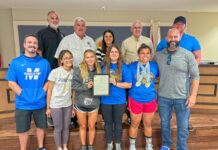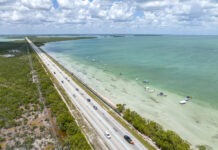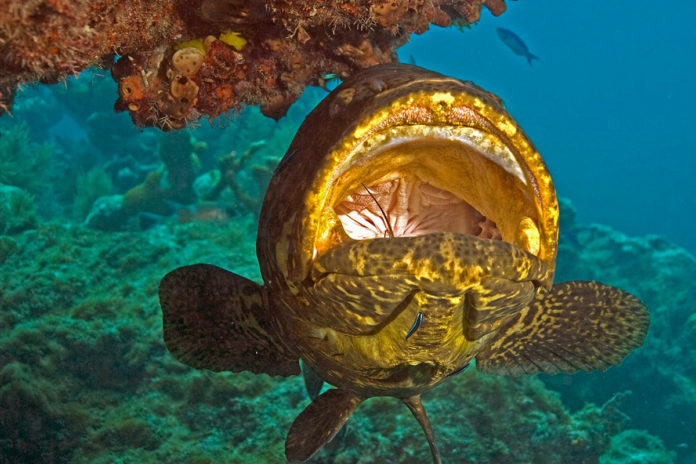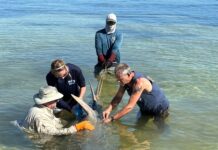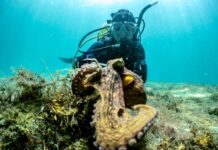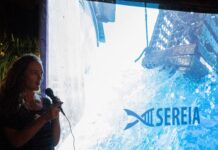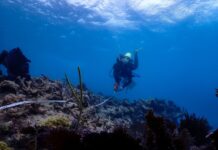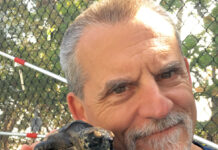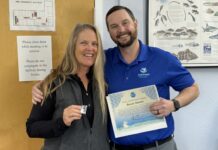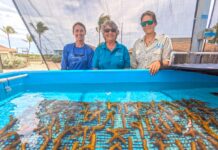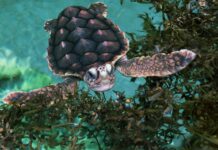This Week’s Dive Report
Conditions this week were great. October is a wonderful month to be in the Florida Keys, and it showed in our weather this week. There were low winds, minimal rain and, most importantly, great visibility for diving.
With our clear waters, we were able to observe a lot of symbiotic relationships while on our dives this week. We witnessed cleaner shrimps helping out goliath groupers. Have you heard of these shrimps? They are a specific species of shrimp and fish that run “cleaning stations” in our oceans. Larger fish like goliath groupers or animals like sea turtles and sharks will pull up to the cleaning station and flare out their gills or open their mouths, allowing the cleaner shrimp or fish to get in the nooks and crannies. The little cleaner animals help to remove parasites and other detritus. The big animals get cleaned, and the cleaners get fed. This is just one of the amazing ways that our oceans have evolved to support symbiotic relationships between species.
Next Week’s Dive Report
I know I sound like a broken record, but conditions this coming week will be great — again. We’ve been very fortunate so far this fall and that fortune continues this week with low winds and plenty of sunshine. We are not mad about it at all. If you haven’t been out in a while, join us for this amazing time of the year in the Florida Keys.
Conservation Update
Speaking of symbiotic relationships, there are so many others in the sea. The clownfish cleans and protects the sea anemone, which keeps other predatory fish away from the clownfish. Zooxanthellae algae provide corals with energy (and their beautiful color), and corals give the symbiotic algae a place to live. Because the oceans are so vast and relatively unexplored, I’m sure there are so many others that scientists don’t even know about yet.
This is why it’s critical to protect the oceans. If we lose a species in an area, there’s no way to know how its absence might affect other species that have a symbiotic relationship with it. If something goes extinct, the ripple-out could be huge.
Locally, we’re working hard with I.CARE every week to make sure our corals don’t go extinct on our reefs. It’s our way to try to protect the entire ecosystem.
Conservation Tip
Only about 5% of the oceans are explored. We need to protect what is left so that science has a chance to learn about it.
I.CARE Tip
ICARE will be planting corals on Saturday at Islamorada Dive Center. Call the shop if you’d like to participate in restoring our coral reefs.







